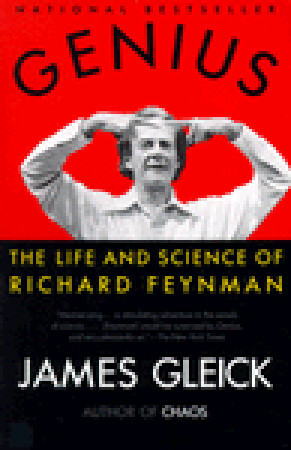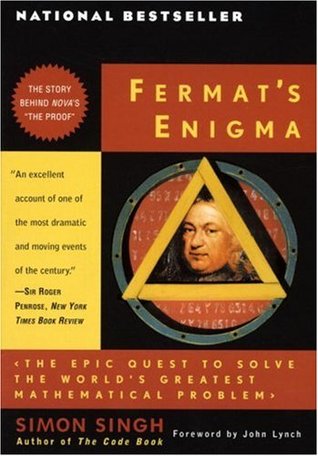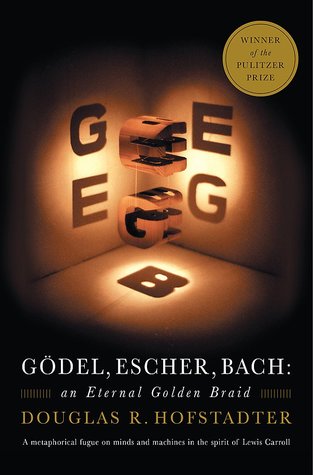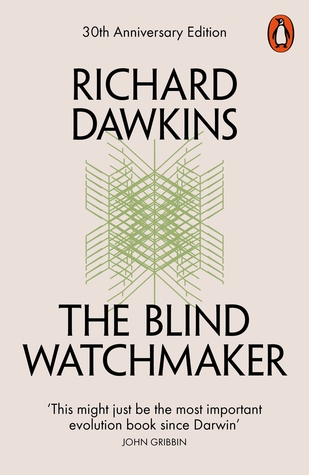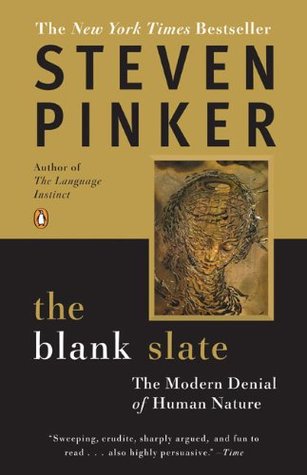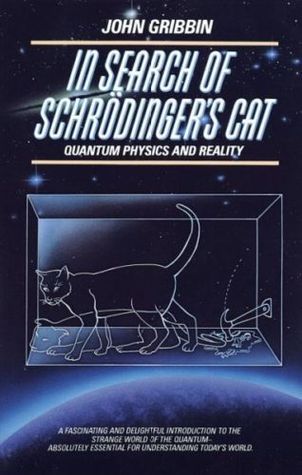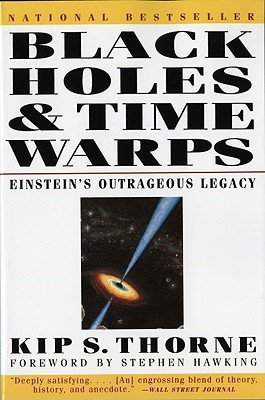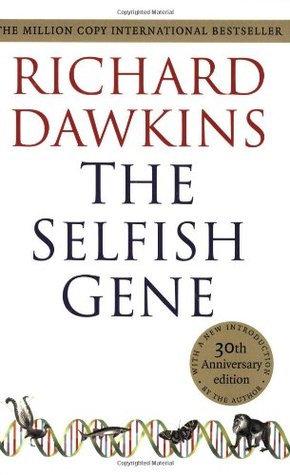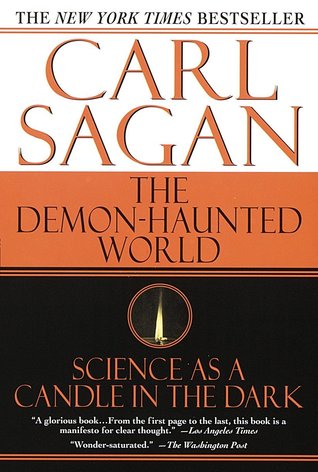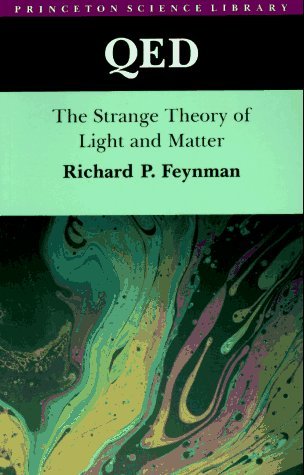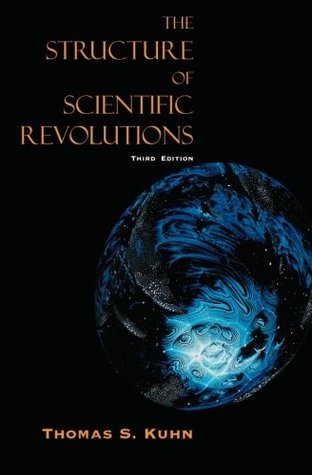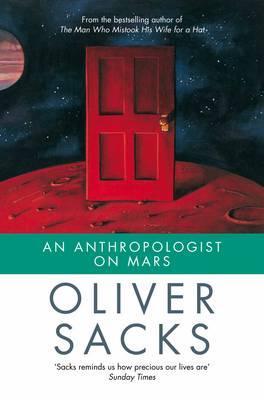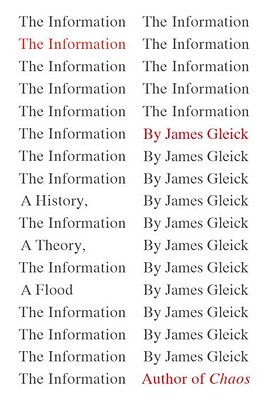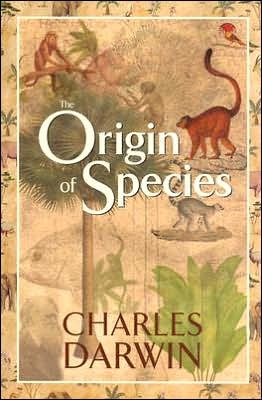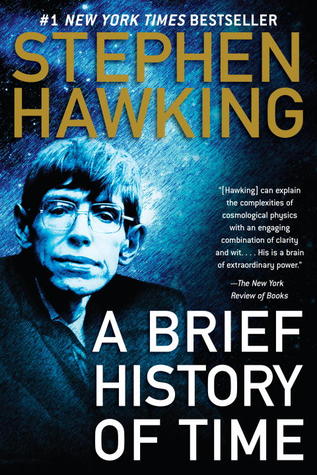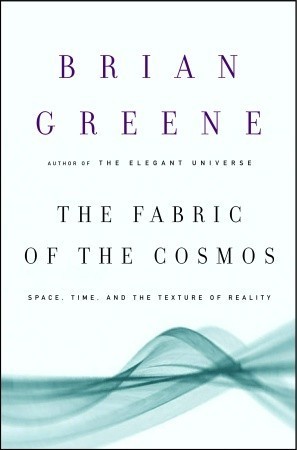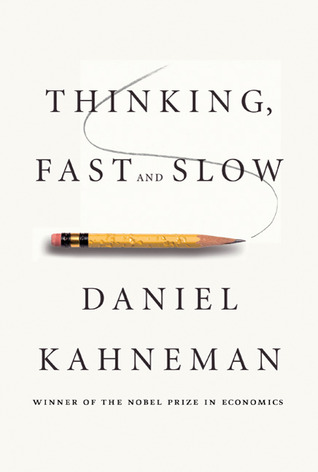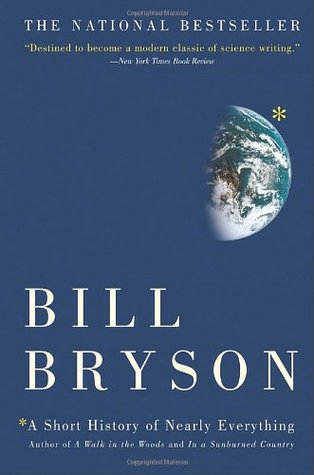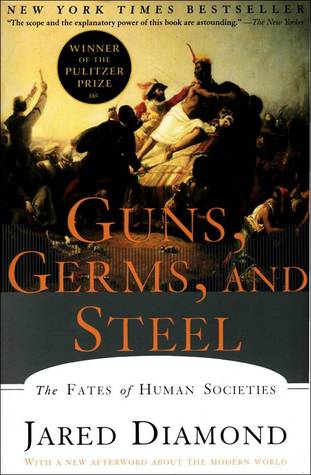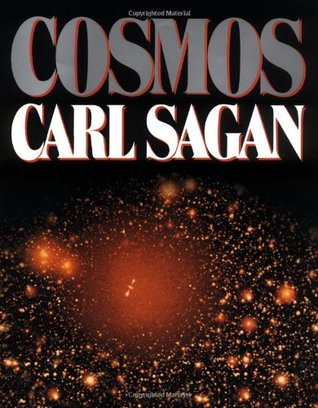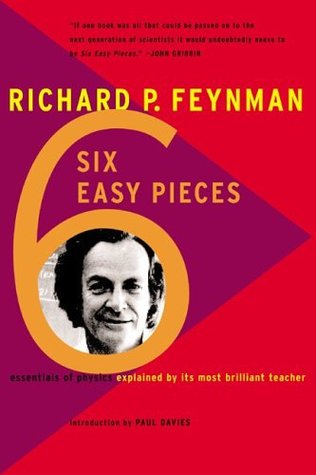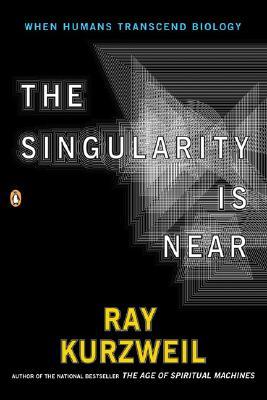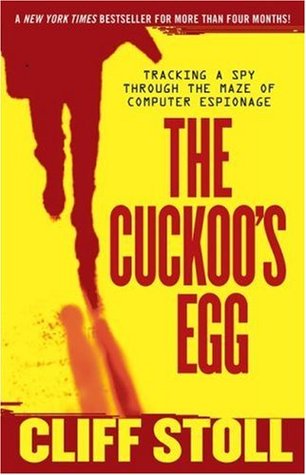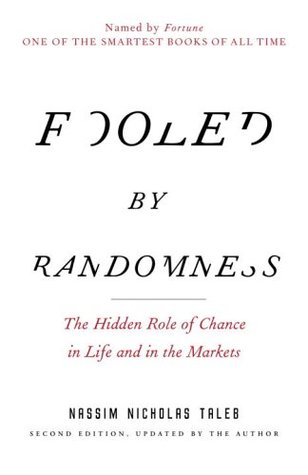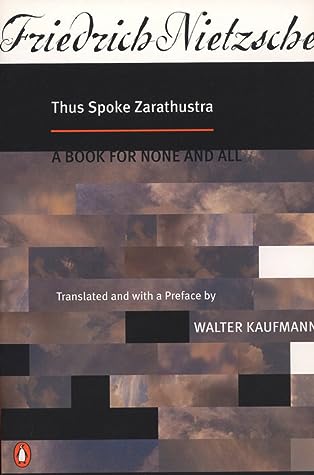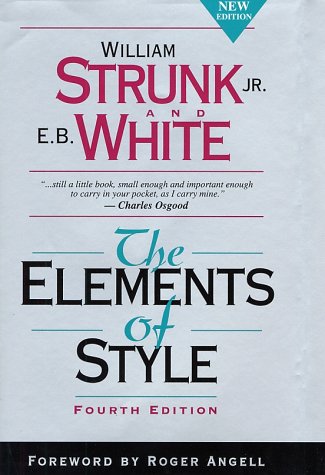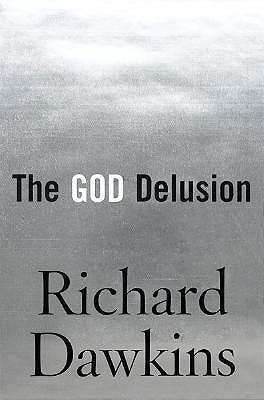Powered by a book like {foo}
Recommendations based on Chaos: Making a New Scienceby James Gleick
* statistically, based on millions of data-points provided by fellow humans
Genius: The Life and Science of Richard Feynman
by James Gleick
A biography of physicist Richard Feynman, exploring his life and scientific contributions to quantum mechanics and the Manhattan Project.
An illuminating portrayal of Richard Feynman—a giant of twentieth century physics—from his childhood tinkering with radios, to his vital work on the Manhattan Project and beyond Raised in ... (Goodreads)
Fermat's Enigma
by Simon Singh
Uncovering the centuries-old mathematical mystery of Pierre de Fermat's Last Theorem.
xn + yn = zn, where n represents 3, 4, 5, ...no solution "I have discovered a truly marvelous demonstration of this proposition which this margin is too narrow to contain." With these words, the ... (Goodreads)
Gödel, Escher, Bach: An Eternal Golden Braid
by Douglas R. Hofstadter
A complex exploration of logic, mathematics and art, exploring their relationships and interconnections.
Douglas Hofstadter's book is concerned directly with the nature of “maps” or links between formal systems. However, according to Hofstadter, the formal system that underlies all mental activity ... (Goodreads)
The Blind Watchmaker: Why the Evidence of Evolution Reveals a Universe Without Design
by Richard Dawkins
A detailed exploration of the evidence for evolution, and its implications for our understanding of the world.
***30th Anniversary Edition*** Cover note: Each copy of the anniversary edition of, The Blind Watchmaker, features a unique biomorph. No two covers are exactly alike. Acclaimed as the most ... (Goodreads)
The Blank Slate: The Modern Denial of Human Nature
by Steven Pinker
The exploration of the science of human nature, including the implications for society.
In The Blank Slate , Steven Pinker explores the idea of human nature and its moral, emotional, and political colorings. He shows how many intellectuals have denied the existence of human nature by ... (Goodreads)
In Search of Schrödinger's Cat: Quantum Physics and Reality
by John Gribbin
Exploring the mysterious implications of quantum physics and its potential for understanding the universe.
It is so shocking that Einstein could not bring himself to accept it. It is so important that it provides the fundamental underpinning of all modern sciences. Without it, we'd have no nuclear power ... (Goodreads)
Black Holes & Time Warps: Einstein's Outrageous Legacy
by Kip S. Thorne
Exploring the strange and powerful effects of gravity and time, as predicted by Einstein's theories.
Ever since Albert Einstein's general theory of relativity burst upon the world in 1915 some of the most brilliant minds of our century have sought to decipher the mysteries bequeathed by that theory, ... (Goodreads)
The Selfish Gene
by Richard Dawkins
A study of evolutionary biology, exploring how genes act and how they impact behavior.
Inheriting the mantle of revolutionary biologist from Darwin, Watson, and Crick, Richard Dawkins forced an enormous change in the way we see ourselves and the world with the publication of The ... (Goodreads)
The Demon-Haunted World: Science as a Candle in the Dark
by Carl Sagan
A critical look at superstition and pseudoscience, advocating for the power of science and reason.
How can we make intelligent decisions about our increasingly technology-driven lives if we don’t understand the difference between the myths of pseudoscience and the testable hypotheses of science? ... (Goodreads)
QED: The Strange Theory of Light and Matter
by Richard P. Feynman
Exploring the wave-particle duality of light and matter, and their implications for our understanding of the universe.
Famous the world over for the creative brilliance of his insights into the physical world, Nobel Prize-winning physicist Richard Feynman also possessed an extraordinary talent for explaining ... (Goodreads)
The Structure of Scientific Revolutions
by Thomas S. Kuhn
An analysis of how scientific progress is made, and the role of paradigms and paradigmatic shifts.
A good book may have the power to change the way we see the world, but a great book actually becomes part of our daily consciousness, pervading our thinking to the point that we take it for granted, ... (Goodreads)
An Anthropologist on Mars: Seven Paradoxical Tales
by Oliver Sacks
Study of human behavior, exploring the complexities of neurological conditions.
Paradoxical portraits of seven neurological patients, including a surgeon consumed by the compulsive tics of Tourette's syndrome unless he is operating; an artist who loses all sense of color in a ... (Goodreads)
Phantoms in the Brain: Probing the Mysteries of the Human Mind
by V.S. Ramachandran
An exploration of the human brain, examining its functions and mysteries.
Neuroscientist V.S. Ramachandran is internationally renowned for uncovering answers to the deep and quirky questions of human nature that few scientists have dared to address. His bold insights about ... (Goodreads)
The Information: A History, a Theory, a Flood
by James Gleick
A comprehensive history of the development of information technology, from ancient times to the digital age.
James Gleick, the author of the best sellers Chaos and Genius , now brings us a work just as astonishing and masterly: a revelatory chronicle and meditation that shows how information has become the ... (Goodreads)
The Origin of Species
by Charles Darwin
Comprehensive scientific exploration of the evolution of species and the natural world.
Darwin's theory of natural selection issued a profound challenge to orthodox thought and belief: no being or species has been specifically created; all are locked into a pitiless struggle for ... (Goodreads)
A Brief History of Time
by Stephen Hawking
Exploring the depths of time and space and the emergence of the universe.
In the ten years since its publication in 1988, Stephen Hawking's classic work has become a landmark volume in scientific writing, with more than nine million copies in forty languages sold ... (Goodreads)
The Fabric of the Cosmos: Space, Time, and the Texture of Reality
by Brian Greene
An exploration of space and time in the physical world, looking at the fundamental laws of the universe.
From Brian Greene, one of the world’s leading physicists and author the Pulitzer Prize finalist The Elegant Universe , comes a grand tour of the universe that makes us look at reality in a completely ... (Goodreads)
Darwin's Dangerous Idea: Evolution and the Meanings of Life
by Daniel C. Dennett
An exploration of the implications of Darwin's theory of evolution, and how it has shaped our understanding of life and the universe.
In a book that is both groundbreaking and accessible, Daniel C. Dennett, whom Chet Raymo of The Boston Globe calls "one of the most provocative thinkers on the planet," focuses his unerringly logical ... (Goodreads)
Thinking, Fast and Slow
by Daniel Kahneman
An exploration of the two systems of the mind, and how they influence decision-making.
In the highly anticipated Thinking, Fast and Slow , Kahneman takes us on a groundbreaking tour of the mind and explains the two systems that drive the way we think. System 1 is fast, intuitive, and ... (Goodreads)
A Short History of Nearly Everything
by Bill Bryson
A captivating overview of the natural sciences, spanning the history of the universe.
In Bryson's biggest book, he confronts his greatest challenge: to understand—and, if possible, answer—the oldest, biggest questions we have posed about the universe and ourselves. Taking as territory ... (Goodreads)
The Prince
by Niccolò Machiavelli
A timeless political treatise on the art of acquiring and maintaining power.
Machiavelli needs to be looked at as he really was. Hence: Can Machiavelli, who makes the following observations, be Machiavellian as we understand the disparaging term? 1. So it is that to know the ... (Goodreads)
Guns, Germs, and Steel: The Fates of Human Societies
by Jared Diamond
Tracing the origins of human civilizations through the lens of geography, technology, and biology.
"Diamond has written a book of remarkable scope ... one of the most important and readable works on the human past published in recent years." Winner of the Pulitzer Prize and a national bestseller: ... (Goodreads)
Cosmos
by Carl Sagan
Voyage through the vastness of space, unlocking the mysteries of the universe.
Cosmos has 13 heavily illustrated chapters, corresponding to the 13 episodes of the Cosmos television series. In the book, Sagan explores 15 billion years of cosmic evolution and the development of ... (Goodreads)
Six Easy Pieces: Essentials of Physics By Its Most Brilliant Teacher
by Richard P. Feynman
Exploring the fundamentals of physics, from the perspective of one of the greatest minds of the 20th century.
Six Easy Pieces: Essentials of Physics Explained by Its Most Brilliant Teacher is a publishing first. This set couples a book containing the six easiest chapters from Richard P. Feynman's landmark ... (Goodreads)
The Singularity is Near: When Humans Transcend Biology
by Ray Kurzweil
A futurist's prediction of a technological singularity where humans merge with machines, leading to a new era of evolution.
For over three decades, Ray Kurzweil has been one of the most respected and provocative advocates of the role of technology in our future. In his classic The Age of Spiritual Machines , he argued ... (Goodreads)
The Cuckoo's Egg: Tracking a Spy Through the Maze of Computer Espionage
by Clifford Stoll
A true story of a computer expert's pursuit of a hacker who broke into his system, leading to a global espionage investigation.
Before the Internet became widely known as a global tool for terrorists, one perceptive U., S. citizen recognized its ominous potential. Armed with clear evidence of computer espionage, he began a ... (Goodreads)
Fooled by Randomness: The Hidden Role of Chance in Life and in the Markets
by Nassim Nicholas Taleb
A critical examination of the impact of randomness/chance in life and financial markets.
Fooled by Randomness, is a standalone book in Nassim Nicholas Taleb’s landmark Incerto series, an investigation of opacity, luck, uncertainty, probability, human error, risk, and decision-making in a ... (Goodreads)
Thus Spoke Zarathustra
by Friedrich Nietzsche
A philosophical treatise exploring morality, religion, and the meaning of life.
The Elements of Style
by William Strunk Jr.
A practical guide to written English, providing guidance on grammar and style.
This style manual offers practical advice on improving writing skills. Throughout, the emphasis is on promoting a plain English style. This little book can help you communicate more effectively by ... (Goodreads)
The God Delusion
by Richard Dawkins
Scientific exploration of the evidence for and against religious belief.
A preeminent scientist - and the world's most prominent atheist - asserts the irrationality of belief in God, and the grievous harm religion has inflicted on society, from the Crusades to 9/11. With ... (Goodreads)
